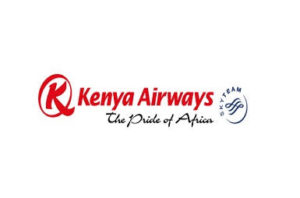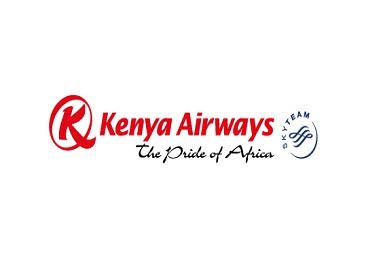
On the bright side while the company’s shareholders are in a negative equity position of 16.18 billion Kenyan Shillings according to Business Daily, its revenue jumped by 12.1 percent to 58.5 billion Kenyan Shillings in the same 6 month period, which is a far cry from the 52.1 billion Kenyan Shillings recorded last year (2018), in the first six month timeframe.
The airline attributed the 112 percent increase in loss to higher operating costs, after its expansion into new routes, as well as the return of two Boeing 787 planes which had previously been sub-leased to Oman Air.
Kenya Airways’ costs spiked by 15.4 percent to 61.4 billion Kenyan Shillings in the 6 month period, a figure which is higher than the 53.2 billion Kenyan Shillings from 2018.
Chairman of the board for Kenya Airways; Michael Joseph, made it known that, “In turning around Kenya Airways, a deliberate decision was taken not to shrink the airline but instead improve financial performance through strategic investments on growth opportunities.”
He added that, “Some of these investments may deny KQ and its shareholders an immediate return but are expected to yield positive results in the future.”
The Treasury which is Kenya Airways’ biggest shareholder, owns a 48.9 percent stake while banks, which converted their loans into equity, own 38.1 percent.
Kenya Airways strategic partner KLM is ranked third with 7.8 percent shareholding while other investors hold 5.2 percent in the company which is listed on the Nairobi Securities Exchange.
The airline, which has been fighting to get back to profitability and eventual growth, is banking on nationalisation in order to turn around its fortunes. Kenya Airways believes that the benefits of scrapping its taxes after nationalisation will improve its financial position, thus effectively helping it make a turn around.
Mr. Joseph stated that, “Nationalisation is not what we want to be but it is what we need to be in order to be where we want to be” adding that, “Revenue will always be under pressure (under current landscape). All these (competing) airlines are State-owned and their costs are subsidised.”
The Chairman blamed the national airline’s performance, on the taxes imposed on it, stating that “We won’t have same costs under nationalisation. We will have a combined entity where we can integrate the airline,” he said. “(For instance) we will not be paying costs to Kenya Airports Authority (KAA), but to the holding company.”
Mr. Joseph also made it known that nationalisation would enable KQ to effectively compete with rivals like Ethiopian Airlines.
According to the Chairman, “For us to compete on a level playing field, we have to bring our costs down and to gain the benefit of operating in an integrated way.” He added that, “We pay more taxes than anyone else. None of our competitors have these taxes.”
Kenya Airways’ proposal to take over the running of Nairobi’s main airport in order to boost its revenue was rejected by the House Transport committee.
In July, the National Assembly voted to accept a Transport Committee report on nationalisation which had first been debated by the House on the 18th Of June June 2019.


